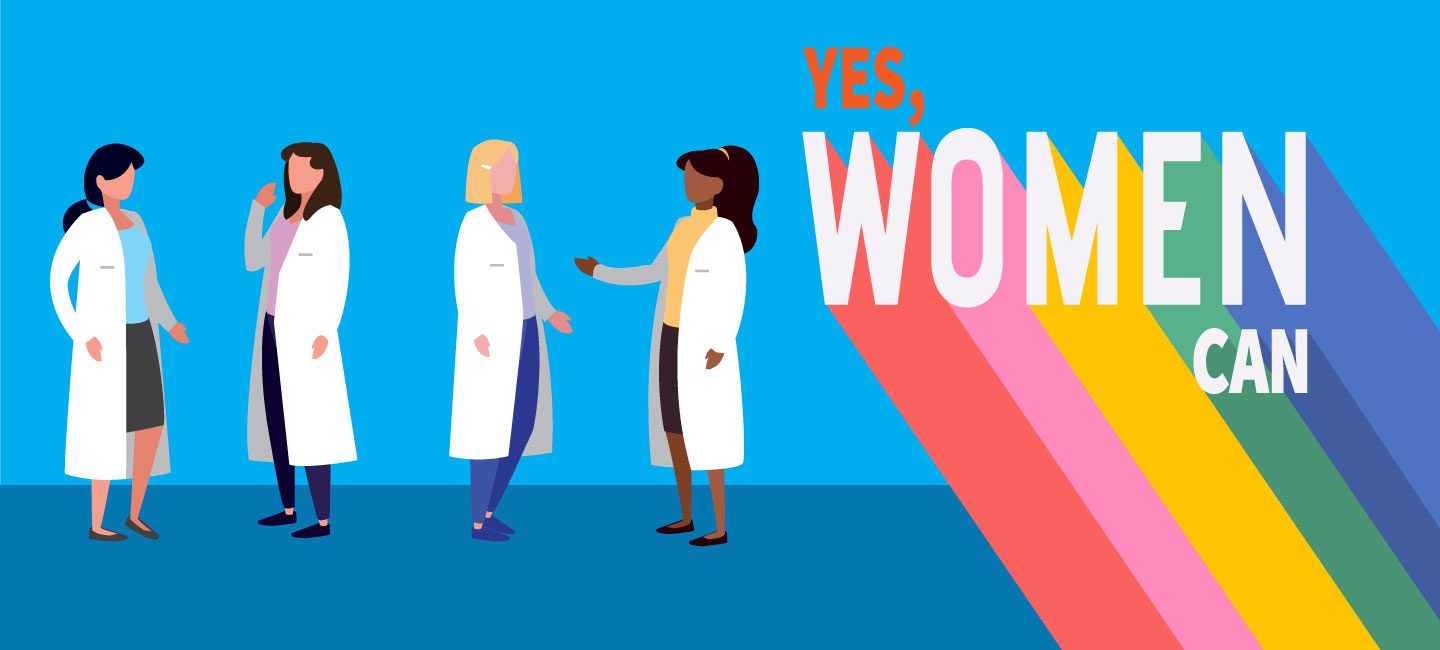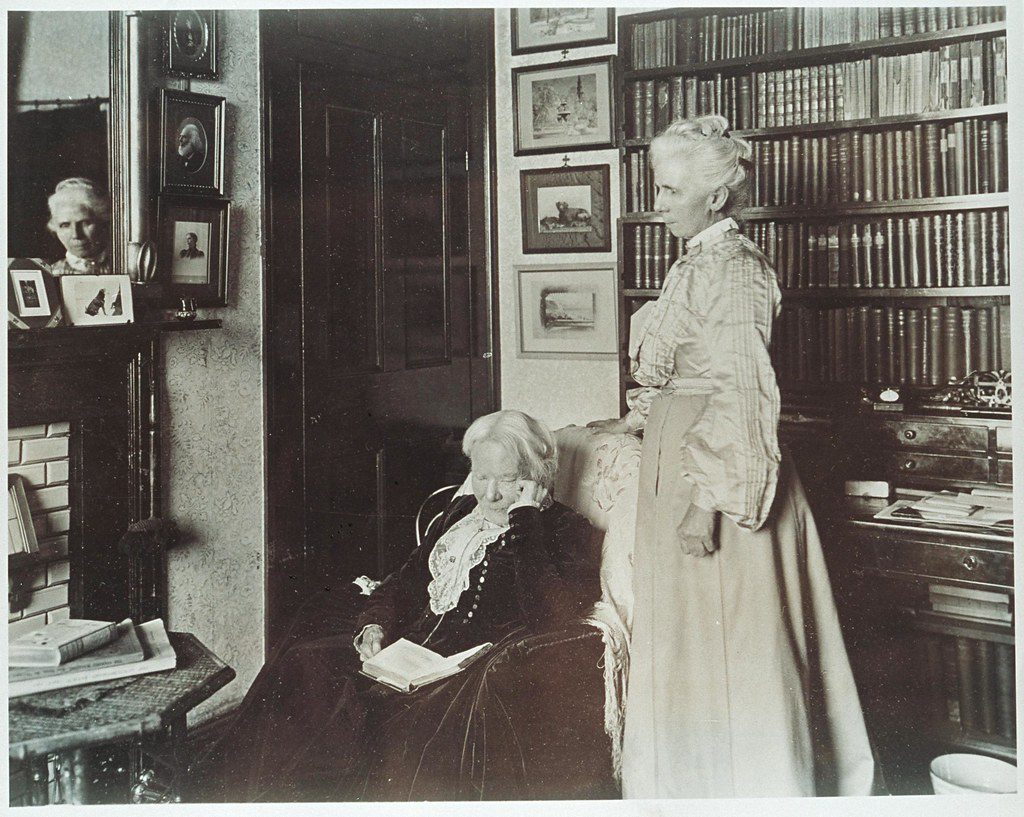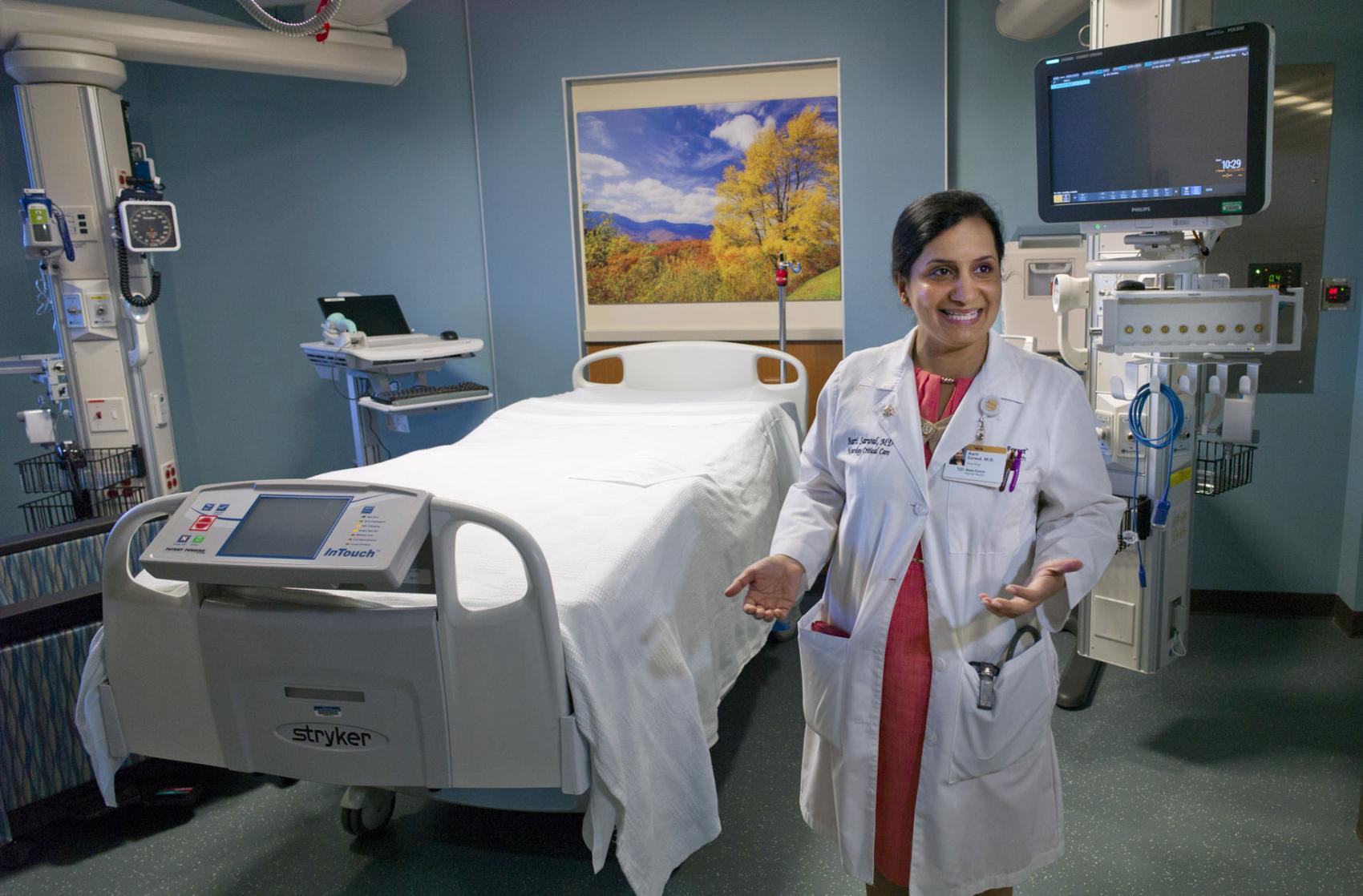
“It is not easy to be a pioneer – but oh, it is fascinating! I would not trade one moment, even the worst moment, for all the riches in the world,” explained Elizabeth Blackwell, a woman who made U.S. history in medicine as the first woman to receive a medical degree in the United States.
In the mid-1800s, Blackwell faced intense scrutiny, unfair discrimination, and outright community mockery for her accomplishments in becoming the first U.S. female graduate with a medical degree. Along her path to success, she received “medical school rejection letters with statements about her intellectual inferiority,” and was called a “bad” woman for defying traditional gender roles.
Instead of allowing this to abolish her dreams, she used it as fuel to become a timeless legend for women and medicine. Here she is boldly stating that she wouldn’t trade it for the world. How inspiring! It is almost impossible to overlook the strength and courage of Blackwell during Women’s History Month. March is set aside to reflect on the contributions of women to events in history and contemporary society. Dr. Blackwell, this March, we thank you for rewriting our healthcare past.

Female healthcare providers continue to reshape history and have a tremendous impact on the industry. Dr. Aarti Sarwal and Dr. Florence Sheehan are two examples of women who have and persist in contributing to the success of point-of-care ultrasound’s (POCUS) role in medicine.
Dr. Aarti Sarwal is an associate professor and co-director of ultrasound in medical education for Wake Forest School of Medicine. Her passion for Neurocritical Care has propelled her forward in being a leader for research and education around POCUS for neurocritical patient care and monitoring. U.S. News and World Report have named her among the Best Doctors in our country. In 2019, she served on faculty for the Seventh World Congress of Ultrasound in Medical Education.

Photo credit Greensboro News & Record
Dr. Sarwal recently published an inspiring case report entitled, “Point-of-care Cranial Ultrasound in a Hemicraniectomy Patient.” She was able to utilize POCUS in saving the life of a 74-year-old male patient that came to her with a left parietal intraparenchymal hemorrhage with cerebral edema and left-to-right mid-line shift.
After her success in getting this patient to recovery, she concludes, “Cranial ultrasound has potential applications in point-of-care assessment of intracranial pathology in neurocritical care patients. This application has promising use in directing therapy in patients who are otherwise unstable for transport and may provide a noninvasive, radiation-free diagnostic tool for serial neuroimaging.” Dr. Sarwal was able to deliver her patient to optimum recovery from a severe, life-threatening head injury.
Dr. Florence Sheehan is another amazing woman who is paving the way for POCUS technology in regards to training and certification support. She is a research professor of medicine for the division of cardiology at the University of Washington who is driven by problem-solving for image engineering. Her dedication to this specific focus has led her to develop the world’s first line of POCUS simulation trainers. The simulators use real patient images and provide computer-generated, real-time feedback to trainees.

Due to the limited time available to medical educators and students, Dr. Sheehan was tasked with the mission of lightening the load of clinical sonographers. Her development has provided a great solution to the issue of time, allowing for more people to gain a POCUS education on their schedule. Her innovation reduced the course time from 8-10 hours to less than 5 hours, with trainees performing just as well in their test results!
This is quite an amazing feat, deserving of honor and recognition in the POCUS world. If you’d like to hear more about Dr. Sheehan’s story behind this POCUS milestone, listen to our Focus on POCUS™ podcast episode with her.
It’s easy to see that women are making unbelievable strides in the medical field. For centuries, we have witnessed females stepping up to bat, hitting home runs for this enormous cause. The pride and passion behind these stories evoke a strong emotional response for anyone who loves to see the underdog take the victory. Dr. Blackwell would be proud!
Be sure to take a moment and recognize the women making history in your life this March. Happy Women’s History Month!
References
- (n.d.) National Women Physician Day – February 3, 2020. Retrieved January 27, 2020, from https://nationaltoday.com/national-women-physicians-day/.
- (2015) Elizabeth Blackwell, Retrieved January 27, 2020 from https://www.womenshistory.org/education-resources/biographies/elizabeth-blackwell.
- (n.d.) Aarti Sarwal, MD. Retrieved January 27, 2020 from https://www.asnweb.org/m/pages.cfm?pageid=4004.
- (n.d.) Seventh World Congress of Ultrasound in Medicine. Retrieved January 27, 2020 from https://wcume2019.org/faculty/.
- Sarwal, A., & Elder, N. M. (2018). Point-of-care Cranial Ultrasound in a Hemicraniectomy Patient. Clinical practice and cases in emergency medicine, 2(4), 375–377. https://doi.org/10.5811/cpcem.2018.7.39379
- (n.d.) Sheehan Medical, LLC: Meet our team. Retrieved January 27, 2020 from http://sheehan-medical.com/about/.
- (August 16, 2019) Point-of-Care Ultrasound Training Through Simulation. Retrieved January 27, 2020 from https://www.pocus.org/resources/point-of-care-ultrasound-training-through-simulation/.
Looking for additional inspiration? Sign up for our POCUS Post™ newsletter to receive monthly tips and ideas.




















